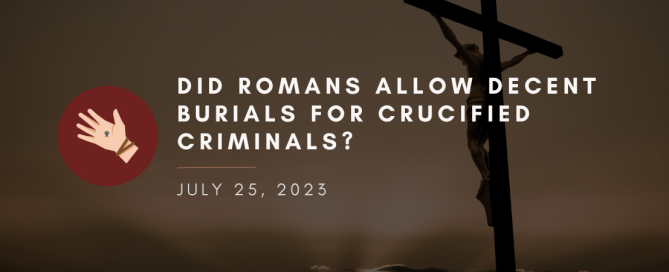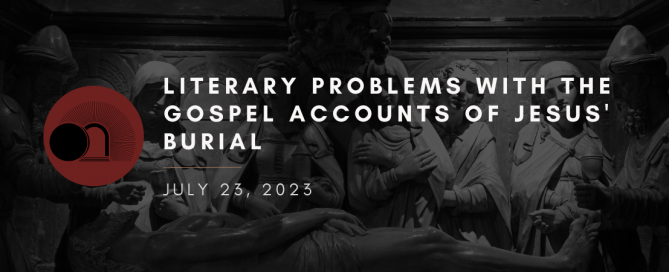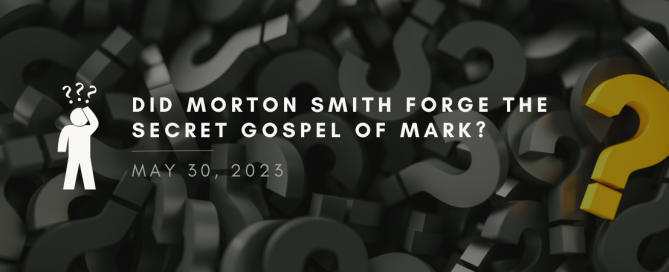New Testament Gospels
Did Romans Allow Decent Burials for Crucified Criminals?
In considering whether Jesus was buried on the day of his death, does it matter what Roman typical practices were? Or should these just be overlooked, not taken into consideration? In addition to the rather general considerations I have given in my previous post for calling into question the idea that Jesus received a decent burial by Joseph of Arimathea, there are three more specific reasons for doubting the tradition that Jesus received a decent burial at all, in a tomb that could later be recognized as emptied. Roman Practices of Crucifixion Sometimes Christian apologists argue that Jesus had to be taken off the cross before sunset on Friday, because the next day was Sabbath and it was against Jewish Law, or at least Jewish sensitivities, to allow a person to remain on the cross during the Sabbath. Unfortunately, the historical record suggests just the opposite. It was not Jews who killed Jesus, and so they had no say about when he would be taken down from the cross. Moreover, the Romans who [...]




